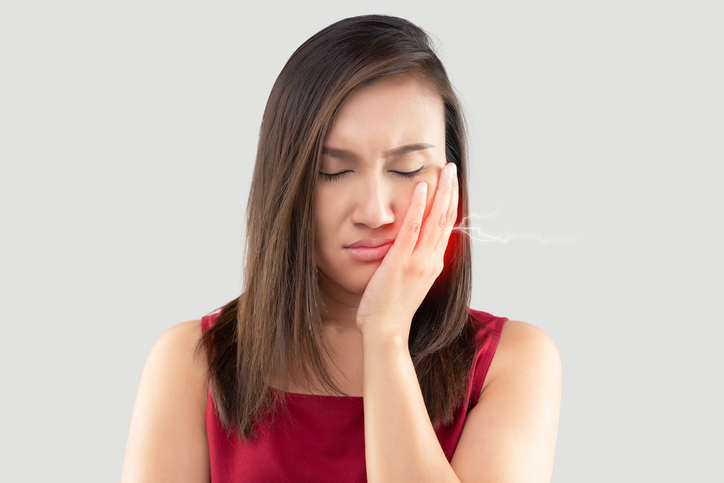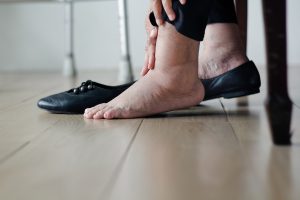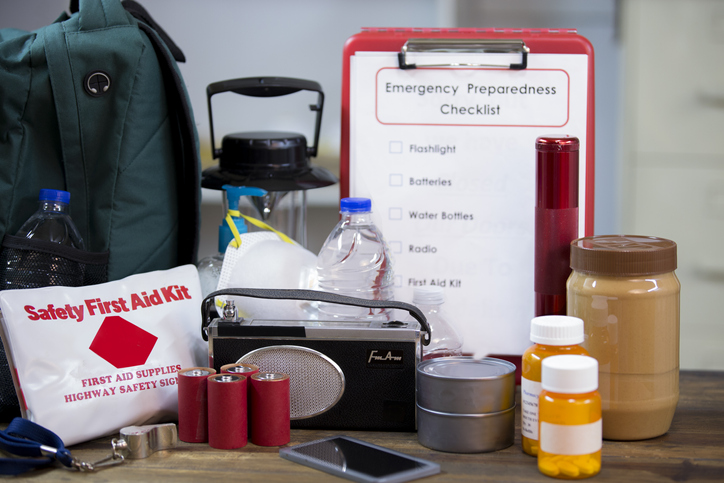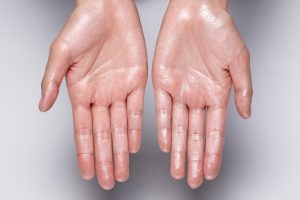
Attention Deficit Hyperactivity Disorder (ADHD) is a common neurodevelopmental disorder.
Most people associate ADHD with children who have trouble focusing, are overly active or have difficulty controlling impulsive behaviors. While ADHD does commonly affect children, it can also occur in adults. In fact, it is estimated that 4% to 5% of adults living in the United States have the disorder.
ADHD begins in childhood and can continue into adulthood. However, many adults are unaware that they have ADHD. This is because the disorder was never recognized or diagnosed during childhood.
In adults, the symptoms of ADHD may present differently than they do in children and are unique to each person. They can include:
- Anxiety
- Trouble coping with stress
- Poor listening skills
- Getting easily distracted
- Difficulty paying close attention to details
- Struggling to complete tasks or multitask
- Poor organizational skills
- An inability to control impulses i.e., Interrupting others during conversations
- Acting without consideration for others
- Frequent mood swings
- Forgetfulness
- Often losing things i.e., keys, phones, wallets
These symptoms can interfere significantly with an individual’s relationships, career, finances and other aspects of daily life.
With an accurate diagnosis, symptoms of adult ADHD can be treated or managed appropriately to reduce the risk of developing social, emotional, or occupational problems.
To accurately diagnose ADHD in adults, the American Psychiatric Association recommends a comprehensive evaluation which typically includes a review of past and current symptoms, a medical exam and history, and use of adult rating scales or checklists.
Treatment for adult ADHD typically involves education ( learning more about ADHD), medication, therapy and other behavioral treatments, or a combination of methods.
If you are experiencing symptoms associated with adult ADHD, you should speak with a doctor. To schedule an appointment with a doctor at Jamaica Hospital Medical Center, please call 718-206-7001.
All content of this newsletter is intended for general information purposes only and is not intended or implied to be a substitute for professional medical advice, diagnosis or treatment. Please consult a medical professional before adopting any of the suggestions on this page. You must never disregard professional medical advice or delay seeking medical treatment based upon any content of this newsletter. PROMPTLY CONSULT YOUR PHYSICIAN OR CALL 911 IF YOU BELIEVE YOU HAVE A MEDICAL EMERGENCY.









